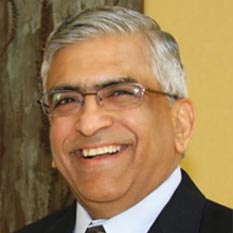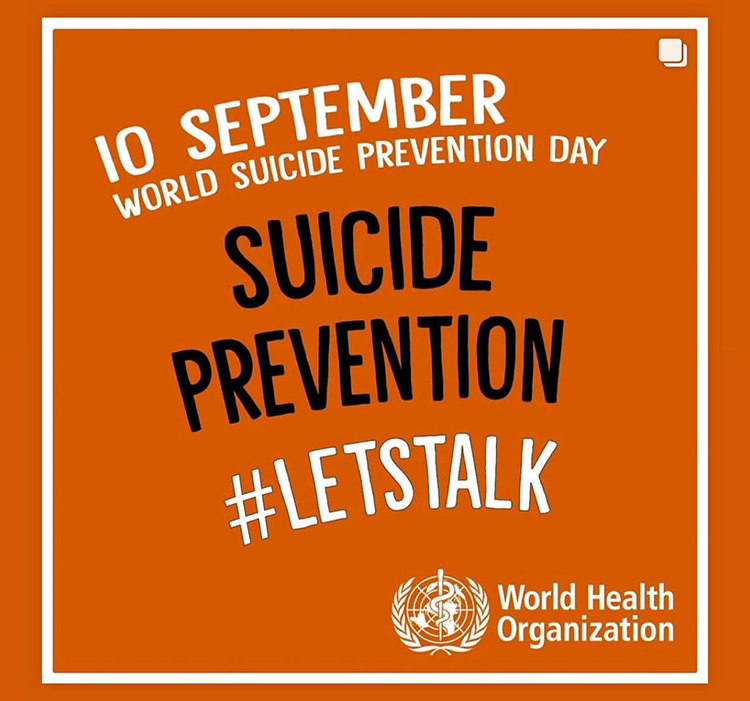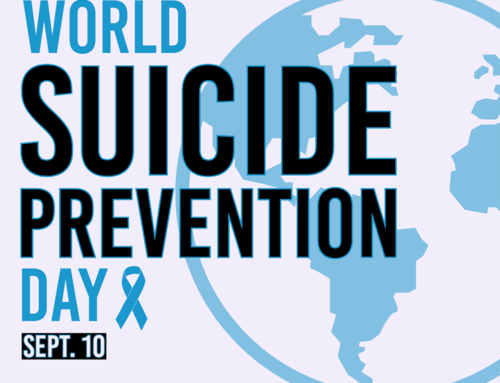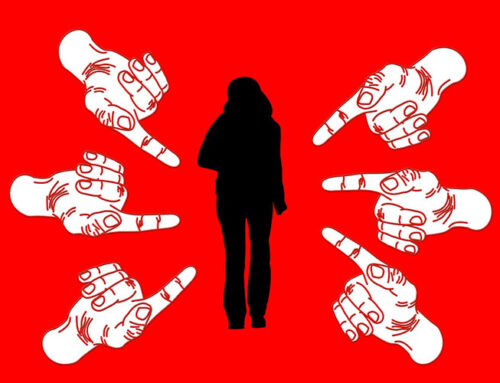According to the CDC, suicide is 10th leading cause of death in the U.S: there were 47,511 suicide deaths and 1.38 million suicide attempts in the U.S.
These numbers become a blur for the family who has lost a loved one to suicide. It is the most devastating and life-changing experience. The suicide loss survivor is left with many questions and few answers. Some questions will never be answered making it very difficult for the families to find closure. Yet they are forced to cope and learn to survive and live the life for themselves and the rest of their family.
Each individual’s journey in coping with the loss is unique. There is no timetable for healing. Everyone walks their own path towards healing and defines their journey.
Families often find themselves confused and perplexed. They experience a range of emotions – guilt, anger, sadness, shame, and helplessness. One thing we know is sharing helps ease the burden of pain. Secrecy weighs heavily on hearts. Stigma and shame keep the surviving families from sharing their pain and experiences even with their own family members and close friends. They are afraid of being judged. They are afraid of being told, “Didn’t you see it coming?” “Couldn’t you have done something to prevent it?” They are afraid of being blamed and held responsible for the suicide. They keep the pain to themselves and suffer in silence. For some this can turn into a life sentence of suffering. They feel isolated and trapped.
It does not have to be that way. Surviving families, when unable to share with others because of fear of being judged, can try to find opportunities to share without being judged. One such opportunity is support groups. There are many support groups for suicide loss survivors throughout the U.S. You can find a support group near you in the American Foundation of Suicide Prevention directory. SAMHIN offers a support group, Janani, for anyone who has lost a loved one to suicide. It provides a safe environment where suicide loss survivors can speak openly and freely without being judged.
September 10 is World Suicide Prevention Day. Let us remember those we have lost to suicide. Let us not forget those who are left behind with questions and in pain. Let us also take this opportunity to learn how we can help to prevent suicide.
A common myth is that suicide is not preventable and that if someone has decided to end his/her life no one can help. That is not true. There are a lot more suicide attempts than deaths by suicide. A majority of those who attempt suicide do not go on to die by suicide. Preventing suicide is everyone’s business. Think how you can help today.
Fight the stigma and misinformation and myths about suicide. Learn the facts. If you or someone you know has lost a loved one to suicide, attending a suicide loss support group can provide an opportunity for healing.
If you or someone you know is faced with a crisis, call National Suicide Prevention Lifeline at 1-800-273-8255 (TALK). The Lifeline provides free and confidential support for people in distress along with prevention and crisis resources for you or your loved ones.
 By Vasudev N Makhija, MD
By Vasudev N Makhija, MD
Psychiatrist
President, SAMHIN






